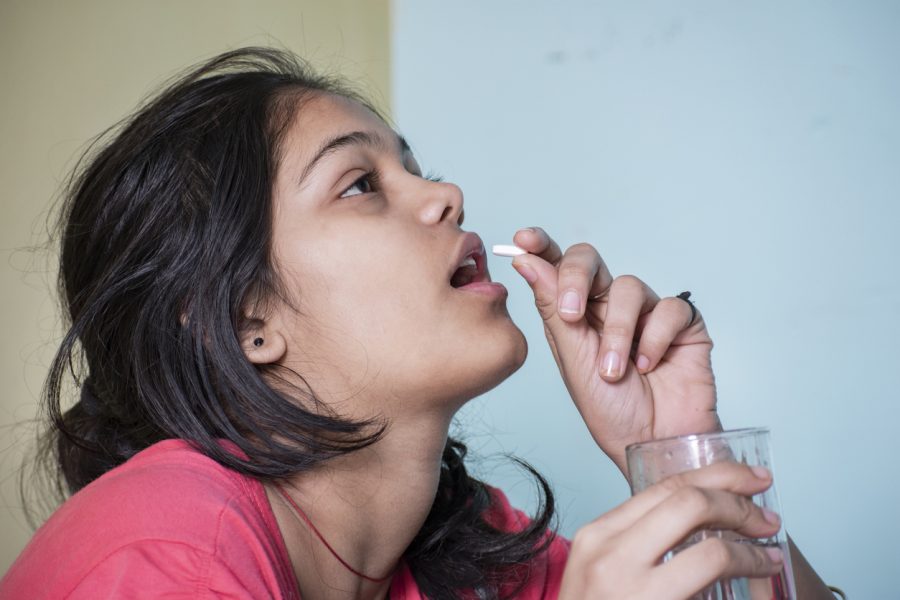
Explained: The legal headache for Dolo-650 maker, and its feverish defence
Faced with an I-T probe and accusations of unfair practices, a Micro Labs spokesperson said the allegations are highly misleading

There seems to be no end to trouble for the manufacturers of Dolo 650 mg, hailed once as the pandemic’s ‘saviour’. Besides Income Tax raids and being accused of giving freebies to doctors worth ₹1,000 crore to promote their products, they are the subject of a public interest litigation PIL filed in the Supreme Court by the Federation of Medical and Sales Representatives Association of India (FMRAI), a national trade union.
In July, the I-T department conducted searches in the offices of Bengaluru-based Micro Labs Ltd, manufacturers of the drug that was widely used during successive COVID waves, for alleged tax evasion. Officials said they were looking at the financial documents, balance sheets and business distributor networks of the company as part of the searches.
‘Unethical practices’
Soon after, while hearing the PIL, the Supreme Court was told that the Central Board of Direct Taxes (CBDT) had revealed that Dolo-650 makers were indulging in “unethical practices” and distributing freebies worth about ₹1,000 crore to doctors and medical professionals in exchange for promoting its products.
The FMRAI alleged in its petition that pharma companies are increasingly involved in unethical marketing practices while interacting with healthcare professionals. This is harmful to ailing people, they said.
Also read: I-T department raids makers of Dolo-650 in Bengaluru
The FMRAI demanded that all essential medicines be brought under price control and be made tax free. According to the FMRAI, its fight is not just about Dolo-650 alone. It was just one of the examples cited in its petition filed some years ago, said the FMRAI. Its fight is to bring regulations that would stop malpractice in the pharma industry.
The organisation wanted a Uniform Code of Pharmaceutical Marketing Practices to be framed to curb unethical practices of pharma companies and ensure an effective monitoring mechanism, transparency, accountability as well as consequences for violations.
The plea added that the Indian Medical Council (Professional Conduct, Etiquette and Ethics) Regulations of 2002 should prescribe a code of conduct for doctors in their relationship with the pharmaceutical and allied health sector industry, and prohibit acceptance of gifts and entertainment, travel facilities, hospitality, cash or monetary grants by medical practitioners from pharmaceutical companies.
Also read: Dolo-650 company accused of distributing freebies worth Rs 1,000 crore
It’s mostly salt: NGOs
NGOs pointed out that most of the 30-odd paracetamol tablets available in the market are selling their paracetamol brands with 500 mg salt. The government fixes the rate of tablets below 500 mg, while the price of the drugs above 500 mg can be fixed by the manufacturer. So, spotting a loophole, the companies are said to be making their paracetamol drugs at larger doses than 500 mg to make use of the lack of price control. Hence 650 mg.
The Supreme Court is now scheduled to take up the matter on September 29.
Earlier this month, the National Medical Commission (NMC) too sought details from the I-T Department of doctors who allegedly received freebies from six pharma companies, including Dolo-650 maker Micro Labs.
Company hits back
Micro Labs has strongly refuted the claims, calling the allegations false and malicious.
“This is highly misleading and is affecting the reputation of Micro Labs, the pharmaceutical industry and doctors,” a company spokesperson said. The annual sales of Dolo-650 have been ₹360 crore, about 8 per cent of the company’s sales, said the statement.
Also read: Doctors given freebies worth ₹1,000-cr to prescribe Dolo-650, SC told
Media reports quoting data available with IQVIA, a healthcare research firm, said Dolo-650 mg registered sales of ₹28.9 crore in December 2021, up a significant 61.45 per cent from the same month the previous year. Its highest sales figures were from April (₹48.9 crore) and May (₹44.2 crore), which coincided with the second wave of COVID.
The company website showcased a news article, published in February 2022, that said: “The company has sold 350 crore tablets (of Dolo-650) since the COVID-19 outbreak in 2020, and earned revenues of ₹400 crore in a year.”
Further, the spokesperson said that despite the tripling of raw material costs during COVID, Micro Labs maintained its uninterrupted supplies without any price change as per the government fixed retail price of less than ₹2 per tablet.
The statement said that with an economical option like Dolo-650, doctors across the country were able to manage most of their patients in the pandemic. They did not have to resort to expensive antiviral and other drugs, the spokesperson said.
Also read: COVID effect: India popped up 350 crore Dolo650 pills worth ₹567 crore
According to the company, to think of distribution of freebies worth thousands of crores is thus “highly preposterous”. “The company would like to clarify that the amount referred to pertains to the total sales and marketing expenses incurred by the company for its total India business in the last five years’ period and spent across its whole portfolio,” the spokesperson added.


